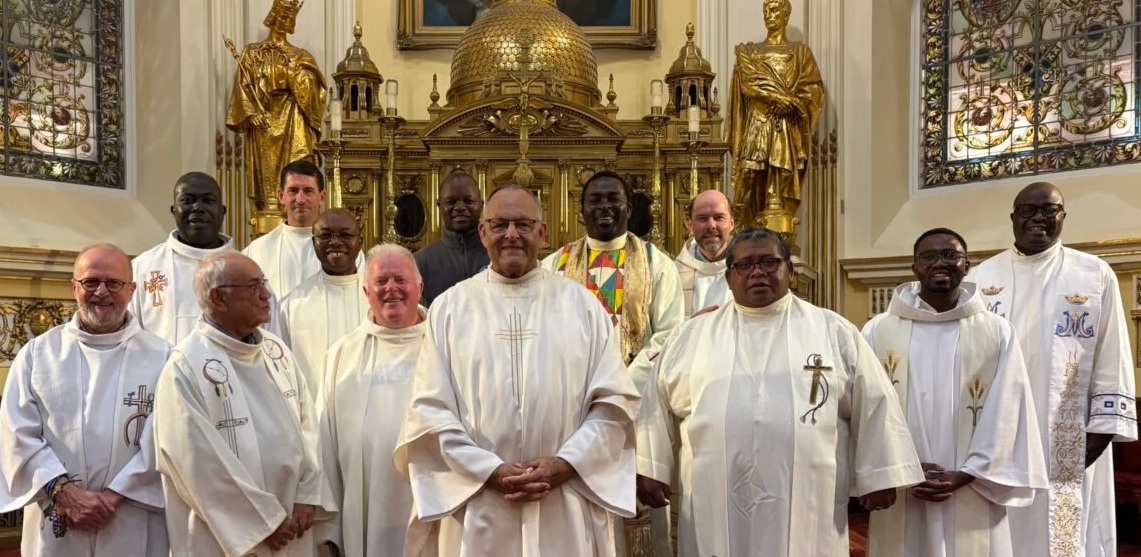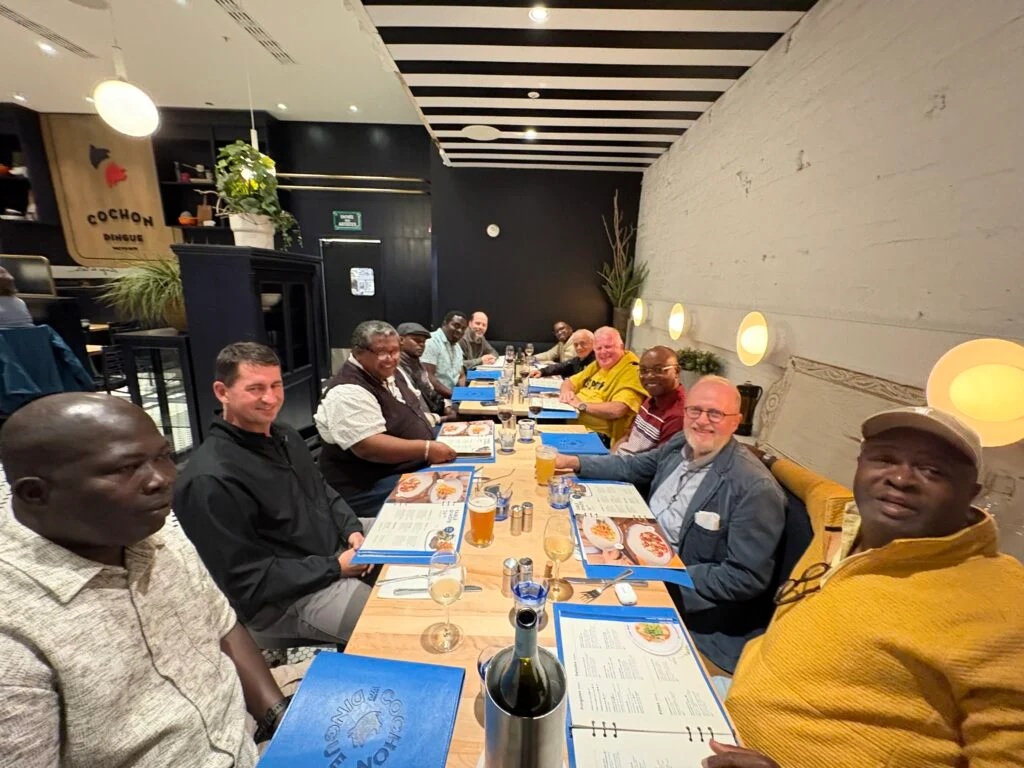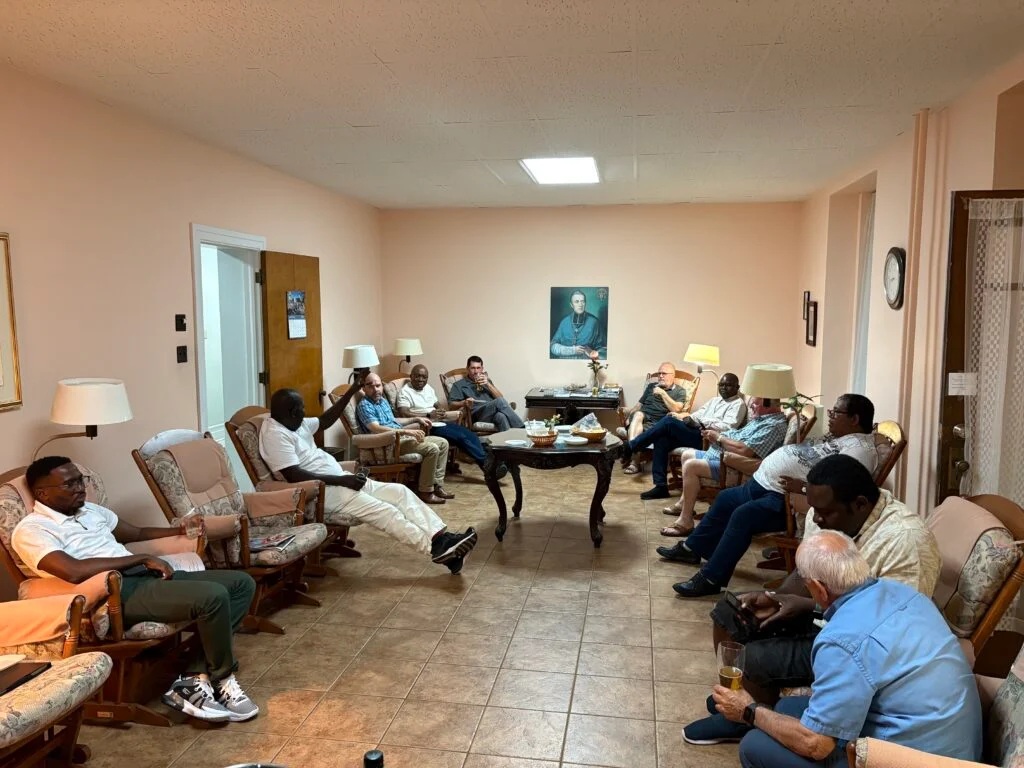Chosen and Sent: In the Footsteps of the Father of the Quebec Church
Young Oblates from seven countries retraced the steps of François de Laval, the first bishop of Quebec in Canada. When he arrived in 1659 with fewer than ten priests, he worked with Jesuits and other communities to establish the Church and turn an immense territory into a true mission field.
Following in the Footsteps of François de Laval
After a first day of fraternity and missionary reflection, the young Oblates set out to walk in the footsteps of François de Laval, the first bishop of Quebec. Twelve participants, from seven different countries, discovered the missionary zeal of this pioneer who, upon arriving in New France in 1659, faced the challenge of building up a diocese with fewer than ten diocesan priests. By working with the Jesuits and other religious communities, he quickly transformed this vast territory into a true apostolic field.
Before the Grand Séminaire
Standing before the Grand Séminaire of Quebec—where the roots of both the Quebec Church and Canadian society were planted—we realized that our Oblate charism today calls for a new breath of life and a renewed synodal collaboration with all ecclesial partners. The pilgrimage began with the celebration of daily Mass together with the local community, a sign that our mission is always lived with and within the Church.
Discovering God in Today’s Society
In pairs, we set out to explore how God reveals himself in a society marked by secularization and tourism. One particularly moving experience came with Bishop Bruce Myers, Anglican Bishop of Quebec, who introduced us to the rich heritage of his Church and reminded us of past collaborations between Anglicans and Oblates in ministry with Indigenous communities.
Later that evening, as we shared our discoveries, we felt like the disciples of Jesus: the testimonies we heard were profound, sometimes even prophetic.
Dreaming of Concrete Projects
The following day was devoted to looking ahead. Together we discerned concrete projects: to collaborate more closely with local actors in our missions, to make our charism more accessible to the communities we serve, and to reimagine a form of mission populaire adapted to our time. Without illusion or utopia, we recognized that—as in the days of our founders—the renewal of the Church in Canada is still possible if we commit ourselves to live synodality and co-responsibility radically, with all the partners in mission and in the Church.
Common Conclusion
These two days of gathering and pilgrimage left us with a deep conviction: even in its later years, the Oblate vine still bears fruit. In prayer, sharing, and fraternity, the Spirit reminds us that our missionary charism is alive and vital.
Called and sent, we desire to walk together, in and with the Church, building an Oblate presence that is faithful to its roots while open to the challenges of today.
By Nnaemeka Ali, OMI
Published on the OMI World website




